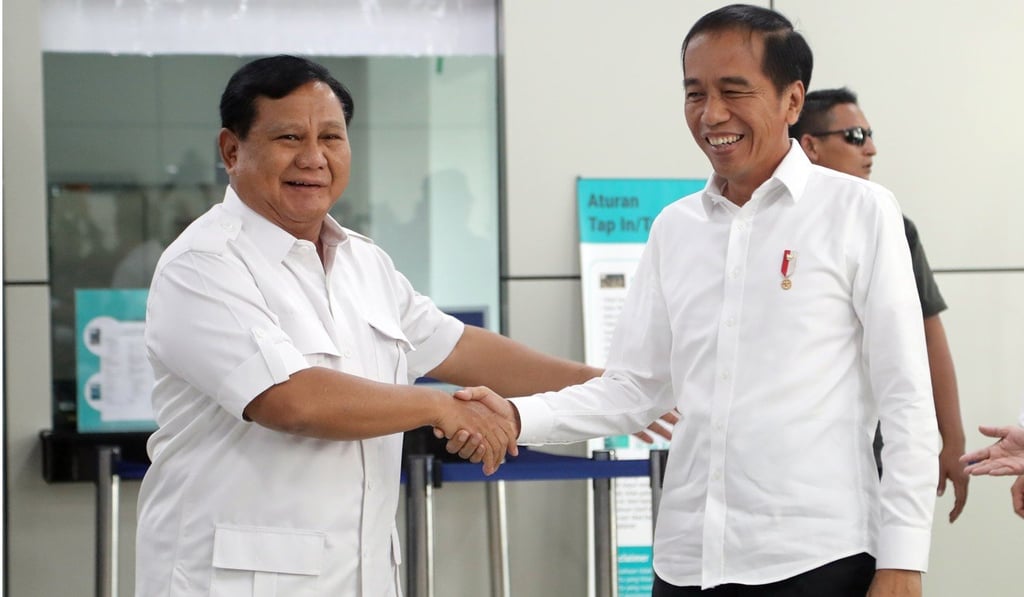Opinion | Indonesia’s election riots offer a lesson on the perils of fake news
- The violence in May over President Joko Widodo’s victory was the first time among the world’s democracies that online disinformation led to a poll-related riot
- Anti-Chinese conspiracy theories also spiralled out of control, with some Indonesians believing People’s Liberation Army troops were on the streets of Jakarta

Many involved in the Jakarta street violence were motivated by misleading or false information. Militant oppositionists were mobilised by a cascade of fake news that culminated in a belief that their community was under attack. With the mainstream media largely sympathetic to the government, those provoking the unrest relied on social media platforms – notably encrypted chat applications such as WhatsApp and Telegram.

FROM PROTESTS TO RIOTS
Acting on the belief that the election had been stolen, thousands of protesters descended on the office of the Elections Supervisory Agency on May 21. They demanded the agency disqualify Jokowi and running mate Ma’ruf Amin for “structured, systematic, and massive” electoral fraud. After nightfall, smaller groups began to throw rocks and petrol bombs at police. Skirmishes broke out in the Tanah Abang area of central Jakarta near the headquarters of the Islamic Defenders Front, the lead organisation in the protests. A violent clash occurred and a nearby police dormitory came under attack. By the end of May 23, more than 400 people had been arrested in the worst street violence in Jakarta since the fall of president Suharto in 1998.

